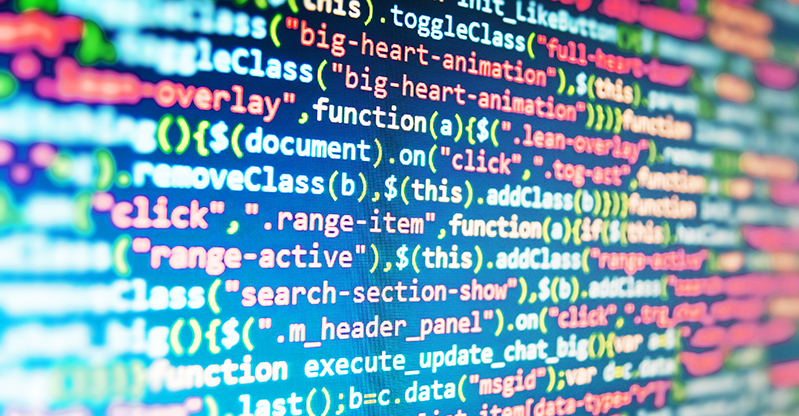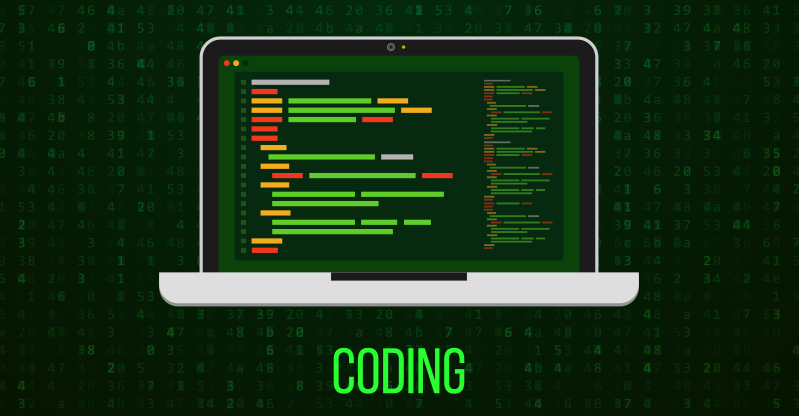When we tell you that we are about to share the story of an extraordinary computer scientist who was born in 1913, what comes to mind? Do you picture someone wearing a white robe and working inside a lab? Or maybe, you imagine someone with big glasses working with computers the size of a truck?
The person we’re referring to wore a different kind of uniform and dedicated her life to something that is – ideologically – very far away from the sciences that include algorithmic thinking, computers and logic.
Mary Kenneth Keller was not only the first female computer scientist with a Ph.D., she was also an American Roman Catholic religious sister and also a religious educator. Are you ready to see how she became the first woman to ever receive a Ph.D. in Computer Science? Have you ever imagined that the world of divinity is related to computational thinking? Do you believe that everything is possible? If so, let’s discover the life story and legacy of Sister Mary Kenneth Keller together.

Women in the forefront of computer programming: The nun who became the first female computer scientist with a Ph.D.
Although today’s colleges, high schools, and different initiatives like “Girls Who Code” are fighting and advocating for closing the gender gap that still exists in the STEAM fields, and in the world of coding and programming, decades ago it was women who were in the forefront of computer science.
We have previously discussed the life and legacies of a number of brilliant women who have changed the world with their technological innovations. Among others, we told you the story of the woman who created the first portable computer, and we also shared a tiny bit of Ida Rhode’s life.
Kenneth-Keller’s career
She took her vows at the beginning of the 1940s, after being in the congregation Sisters of Charity of the Blessed Virgin Mary for over 8 years. But joining this religious congregation didn’t stop her from other areas of her life she truly loved: mathematics, philosophy and sciences.
She completed her first degree in Mathematics in 1943 to then continue studying in order to receive her M.S. in Physics and Mathematics 10 years later. She earned her Ph.D. thanks to her wonderful dissertation and final project named “Inductive Inference on Computer Generated Patterns”, which she defended in 1965, at the age of 52.
In parallel to her religious vocation, Keller worked at the National Science Foundation, and always believed that computers had a wonderful potential to increase access to knowledge and to be used as an educational tool.
Have you ever heard of Clarke University? Well, Sister Mary Kenneth-Keller founded the computer science department at Clarke College, which is this prestigious University’s predecessor.
Until her final days in 1985, she always advocated for the involvement of women in the technological, computer-related fields, and for the use of computers in education. She would be greatly surprised to realize that today, children from all over the world can learn how to code in a live, online class that is both closing the gender gap in STEAM, and creating an educational awareness on computational thinking.

Coding is for everyone. Literally.
As you can see, coding is for everyone. Learning how to code can offer your children a wider perspective to deal with everyday life problems, and all the tools they need to succeed in a future we don’t know much about.
Regardless of your kids’ preferences when it comes to choosing a career, coding will help them increase their self-esteem levels, their problem-solving skills, and their capacity to think critically and be empathetic with the world around them.
Take Sister Kenneth-Keller as an example to realize that no matter what you love in your life, coding and programming are tools that everybody should know how to utilize. Today, your kids can learn how to code in a safe, fun, and encouraging learning environment. Giving them the tools they need is now up to you.




